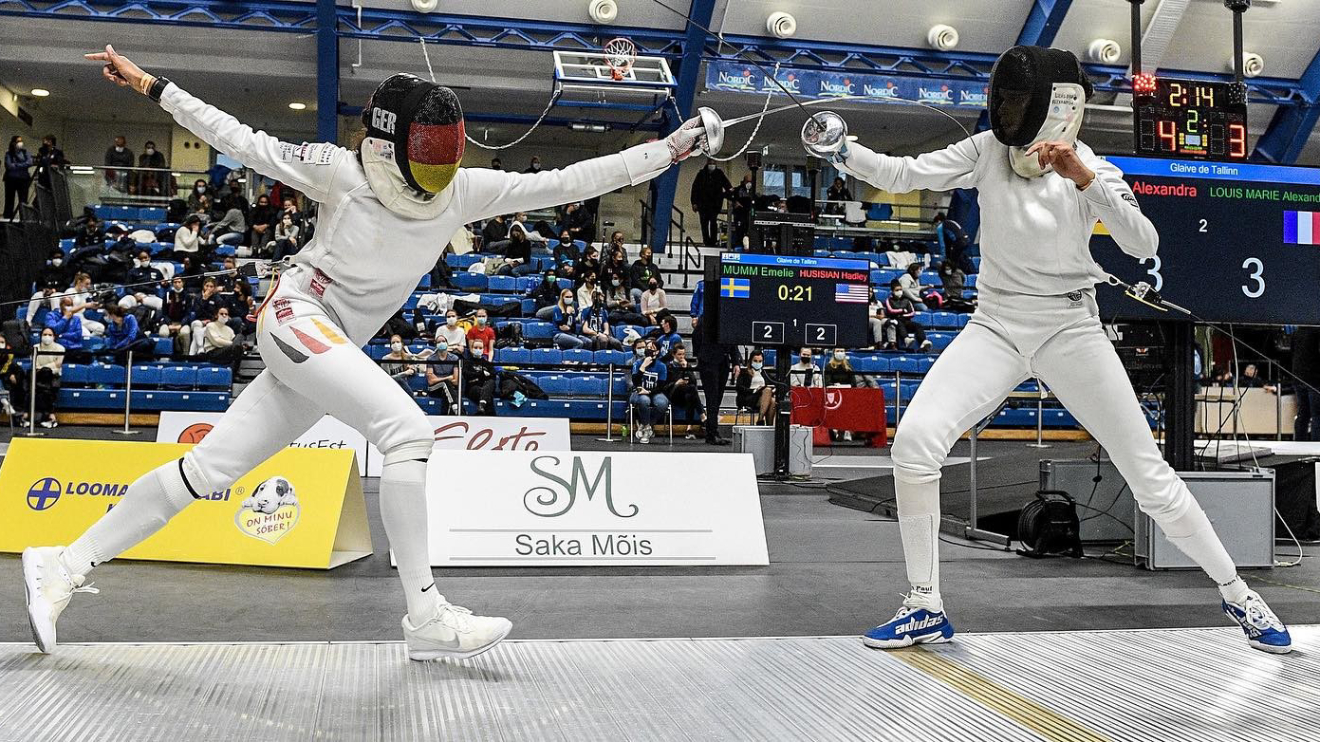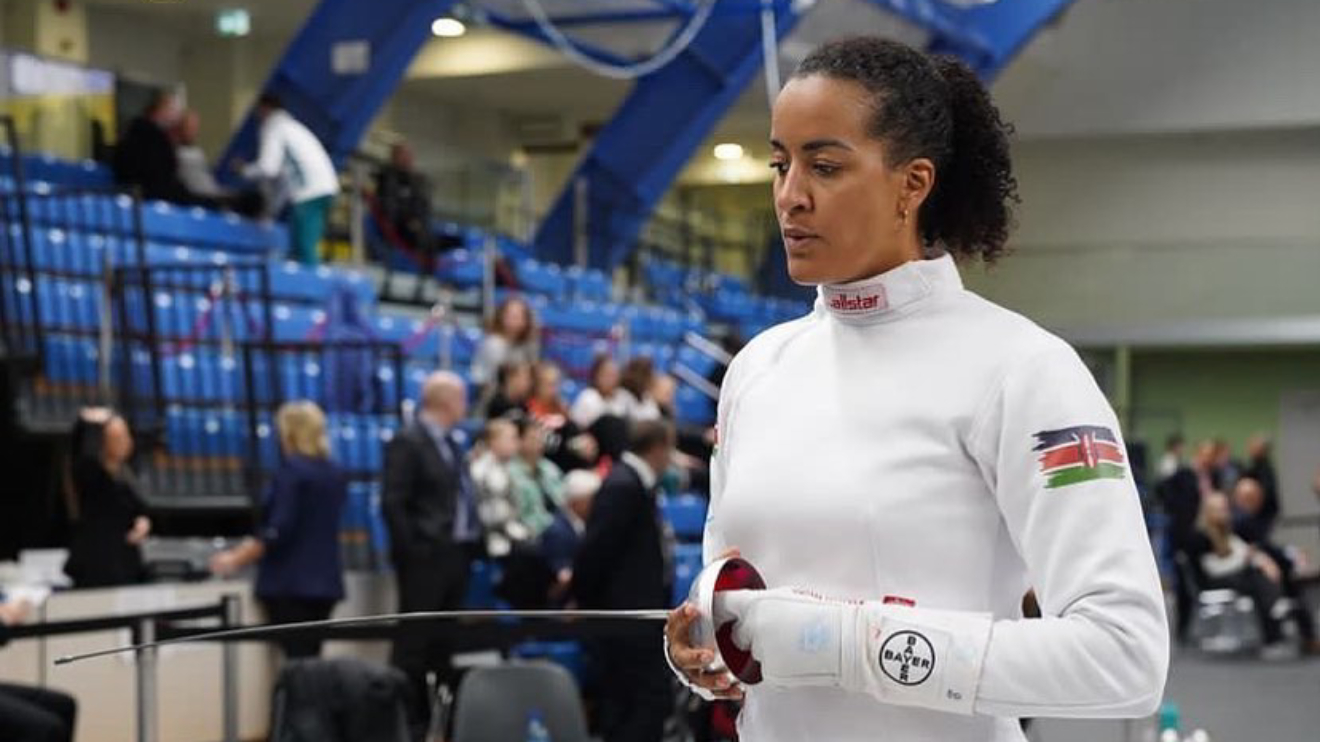In a courageous and heartfelt statement, Kenyan epee fencer Alexandra Ndolo has opened up about the harsh reality she faces as a high-level athlete in Kenya.
Alexandra shares her predicament in a long post detailing her troubles via her Instagram account.
With her honest confession, she sheds light on the lack of support and the burden she carries alone in financing her fencing career, endangering her existence and jeopardizing the perception of African athletes abroad.
“It's time to be honest with myself & with the people around me. I have reached my limit. I hate to admit it, I hate to ask for help, but I feel I can no longer lie. Especially if those lies are protecting the system that should support me,” Alexandra said.
“I didn't want to be the one feeding into the narrative of an African country being too unorganized or unwilling to support their high-level athletes, as I am very protective of the way Africa is being perceived on other continents.”
Read More
Alexandra revealed that she has been solely responsible for organizing and funding her entire fencing season.
She has taken charge of planning, booking, and paying for training camps and competitions.
What is even more remarkable is that she has often travelled without her coach and without a physiotherapist, a rarity for a fencer of her calibre.
“But here is the truth: So far I have organized & financed ALL of my fencing season. I have planned, booked & paid for every single training camp & competition,” she said.
“I have traveled to many competitions without my coach & not once taken a physio with me. For a fencer of my caliber this is not just unusually, it is unheard of.”
These circumstances have left her physically and financially drained, accumulating a debt that poses a significant threat to her well-being.
Dispelling the common misconception that African athletes living in Europe are affluent, Alexandra stresses that she is not a "rich muzungu" with bottomless pockets.
She emphasizes that she cannot afford to promote fencing in Kenya, provide visibility for young Kenyan athletes and coaches, or deliver results for officials without any support whatsoever.
“Contrary to the common Kenyan idea of people living in Europe I am not a rich muzungu that has bottomless pockets & can therefore be taken advantage off,” Alexandra said.
Expressing her disappointment, Alexandra reveals that all she has received from the Kenyan Fencing Federation and the sports system are empty promises and words.

Despite boasting about their new sport and their top ten world ranking player, no concrete actions have been taken to back up their claims.
Sharing her personal struggle with financial difficulties as the child of immigrants, Alexandra highlights the profound impact that witnessing her parents' struggles has had on her.
“I am very sensitive to money problems, because being the child of immigrants usually means growing up culturally richer, but financially poorer than most of your age-mates (I guess there is something about seeing or rather feeling your parents struggle that never quite leaves you),” she said.
While publicly admitting these challenges are difficult for her, she emphasizes that remaining silent is now taking a toll on her performance, surpassing the effects of any injury or heartache she has endured.
In a plea to the Kenyan sports system, Alexandra calls for genuine support, not mere words.
She implores them to take tangible actions if they truly want to embrace her and embark on the journey to Paris together.
“To the Kenyan sports system I want to say if you truly want to embrace me, not just with words, if you truly want to be on this road to Paris together, put some actions behind your words,” Alexandra said.
The revelations made by Alexandra serve as a wake-up call for the Kenyan sports system to reassess its approach to supporting high-level athletes.
It is a call to action to provide the necessary resources, financial backing, and infrastructure that athletes like Alexandra need to thrive and bring glory to Kenya on the international stage.











